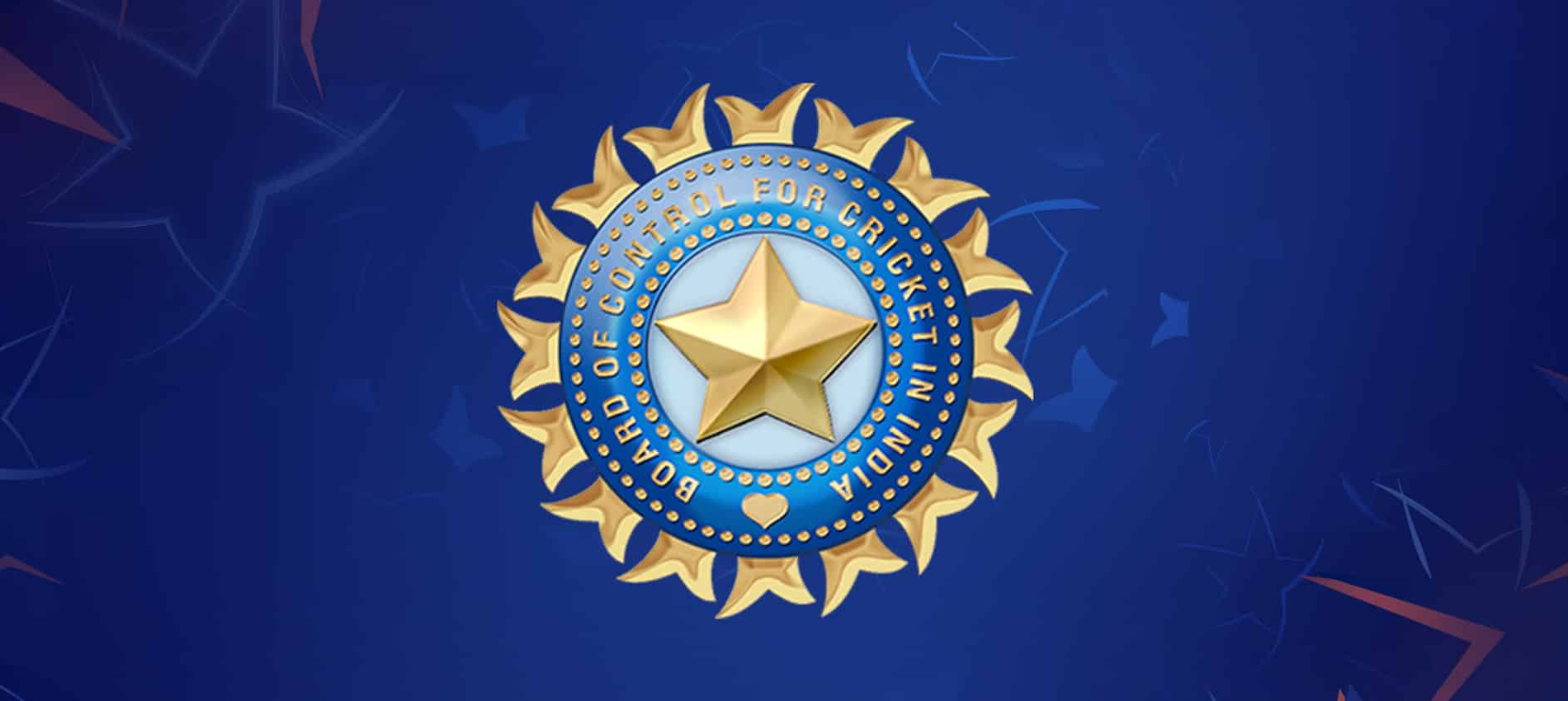BCCI Presents Additional Bone Test for Age Disputes

The BCCI took an important decision for the development of Indian cricket at the recently held Apex Council meeting. The officials agreed to make changes to the Age Verification Program (AVP). By doing so, they want to strengthen the effectiveness of measures to combat age cheating in junior cricket.
Introduction of the Second Bone Test
It is reported that from 2025 onwards, the BCCI will conduct a second bone check. It will target those youngsters whose ‘bone age’ exceeds the threshold. For boys, it is 16 years, and for girls, it is 15 years. Before this, tests were conducted on boys in the 14- to 16-year age group.
As a reminder, the practice is to add one year to a player’s bone age once it has been determined. This is considered the official age for youngsters to understand whether they can participate in the BCCI age-group leagues. Say, if a player’s bone age is 14.8 years, the BCCI adds one year to it, resulting in 15.8 years. Thus, the player is under 16 years of age and can participate in the Under-16 age-group leagues for that particular year. But from the following year, they became ineligible for that category.
Fighting Fraud
The new AVP guidelines now require a second bone test for boys whose birth certificate states that they are under 16 years of age. If the additional check confirms this information, the player will be allowed to continue playing in the same age group. Similar guidelines apply to girls aged 12 to 15.
This second test is a response to the general perception that bone checks may not always be entirely accurate. It also acknowledges the shortcomings of the process, despite its scientific basis. This is expected to have a positive impact on the development of Indian cricket in the long run.
